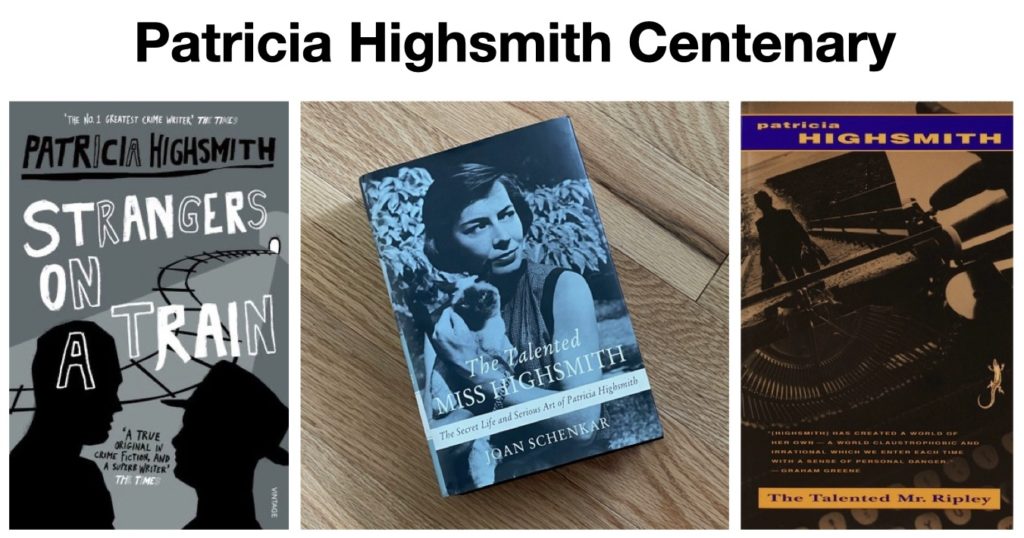Behind The New York Times’ Blake Bailey Bombshell
And the fallout continues over the allegations against Blake Bailey, author of the biography of Philip Roth that was canceled this week by publisher W.W. Norton.
A publishing executive’s rape allegation against the Philip Roth biographer sent shockwaves through the industry—and put the Times’ handling of it under the microscope. Book critic Dwight Garner, aware of the claim since 2015, says the accuser didn’t want him “to take any actions.”
Charlotte Klein, writing in Vanity Fair, asserts:
The Times’ level of promotion wasn’t unusual for a book positioned as a serious literary biography—and especially one about the late Roth, who represents a kind of fantasy of what it meant to belong to a certain generation of American male novelists—but the paper’s own scoop inevitably raised questions of who knew what and when.
The rape allegations against Philip Roth’s biographer are a damning condemnation of publishing
“The Blake Bailey story shows publishing’s institutions once again working to protect men.”
In Vox, Constance Grady explains why the allegations against Blake Bailey “have swept across the literary world”:
in part, that’s because the story of the allegations against Bailey involves so many major publishing figures, culminating in an accusation of rape occurring in the home of one of the New York Times’s staff book critics. The story being told about Blake Bailey right now is one of publishing’s institutional power being put to the service of powerful men.
Black Lives Matter in the Public Theater’s Much Ado About Nothing
This article from August 2020 offers “five perspectives on race and Shakespeare” based on a PBS broadcast of Public Theater’s Much Ado About Nothing that “features an all-Black cast in New York City’s Central Park.”
The commentary is from from first-year college students who studied the performance shortly before their campus shut down because of the COVID-19 pandemic last spring. “We hope that, just as the Public made new meanings of this old play, our voices can signal newer, younger, better ways of thinking about Shakespeare that help us uncover truth, gain empathy, and take responsibility for racism.”
Reading to Unlearn and Reenvision History Is Transformative and Overwhelming
Mariela Santos Muñiz writes about what she didn’t learn in grad school:
The textbooks that I had to use for my classes mostly presented one side of history — and they didn’t really include diverse perspectives. This was despite the fact that the U.S. is a diverse country. For one, I didn’t learn much about U.S. Latinx history while in school.
When she started contributing to Book Riot after graduation, she wrote articles that made her realize how much she hadn’t learned in school.
So, I started looking for books to reeducate myself. As part of this process, I changed how I chose the books that I read. This meant focusing on the author as well. Being able to see the world differently is about the subject matter, yes — but it’s also about who’s telling the story.
See some of her suggestions for “books that center the perspectives of people that are traditionally underrepresented and overlooked.”
The Many Faces of Patricia Highsmith
“As the subject of no fewer than three biographies since her death in 1995, the popular writer lived a complicated, if fascinating, life. What was she really like?”
One of the items still on my list of literary projects to complete is a deep dive into the life and works of the fascinating Patricia Highsmith.
The writer was a collision of contradictions, a woman for whom every aspect of herself (including being a woman) demanded internal debate. In her private life, she swung dramatically between polar states of desire and disgust. Her personal journals that she kept her whole life — separate from what she called her “cahiers,” or notebooks in which she worked on her fiction — reveal a woman at the mercy of her emotional tides, drawn to the darkest corners of her psyche.
On being proud of your work
Novelist and book critic Lauren Oyler on taking risks, writing in the first person, managing self-doubt, and why she increasingly doesn’t have a good answer for “why we write.”
Lauren Oyler, author of the novel Fake Accounts, is here interviewed by Michelle Lynn King. Oyler says she created the first-person narrator of Fake Accounts because “I’m really interested in the issues of the first person narrator and the author in the time of the internet.”
About the concept of the unreliable narrator, she says, “We’ve all learned that everybody’s performing all the time and that the self is a fiction.”
How Bookishness Affects the Book Biz
What exactly is bookishness? Michael Seidlinger here defines it as “a person’s interest in maintaining nearness to books. It is a term derived from bookish, which is a label often applied to people who read a lot.”
Seidlinger examines the world of bookishness and how it manifests in today’s culture, from celebrity book clubs to Instagram influencers and companies that market items (clothing, candles, wall hangings, and throw pillows) to help people create their personal bookish persona.
© 2021 by Mary Daniels Brown


